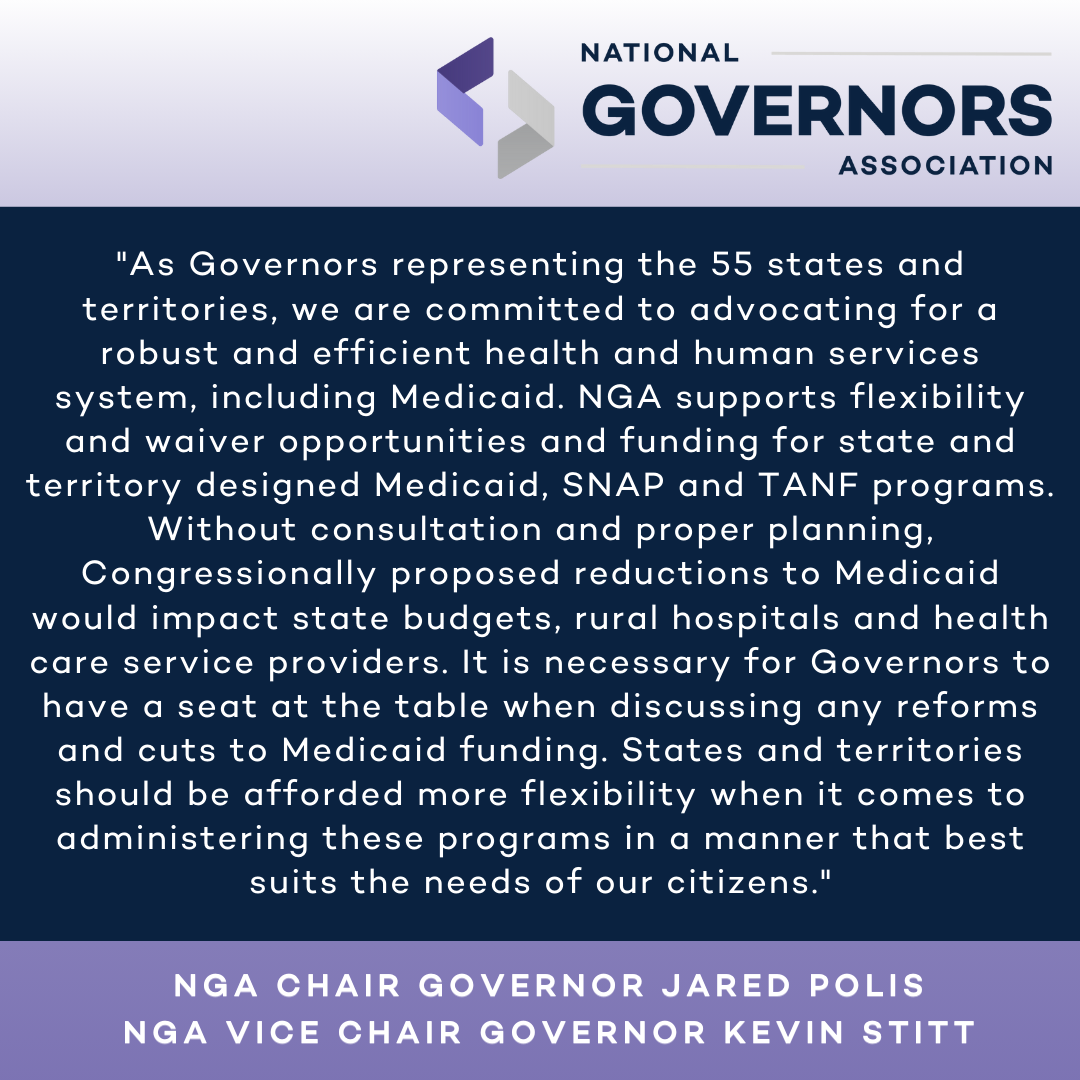One way states could increase access to primary care for their residents is to consider easing their scope of practice restrictions and modifying their reimbursement policies to increase the role of nurse practitioners in providing primary care, according to a new paper released by the National Governors Association (NGA).
With the demand for primary care services already straining capacity in most states, more than 16 million individuals projected to gain health insurance coverage by 2016 and a rapidly aging population, many states are considering options to increase the number and role of primary care providers.
The Role of Nurse Practitioners in Meeting Increasing Demand for Primary Care reviews academic and policy-oriented literature and state rules governing nurse practitioners’ scope of practice to examine the extent to which:
- Scope of practice rules, licensure and other conditional requirements vary across states;
- States’ rules and requirements deviate from evidence-based research of appropriate activities for nurse practitioners; and
- Changes to state scope of practice laws and regulations affect access to health care and its quality.













